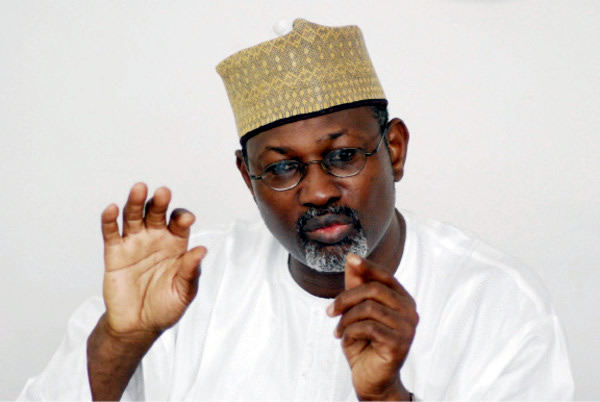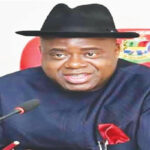
A former chairman of the Independent National Electoral Commission, Attahiru Jega, has reminded Nigerians of the urgent need to clean up the country’s tainted electoral system. His appeal to the Senate to review the mode of appointment of the chairman and commissioners of the electoral body is pertinent. Amid the resolution of the outcome of the 2023 presidential election at the Supreme Court on Thursday, the culmination of a rancorous legal battle, instilling legitimacy in Nigeria’s elections has become imperative to salvage the country’s fragile democracy.
Jega reiterated a long-running campaign to limit the powers of the President and the NASS in appointing the chairman of INEC and other commissioners. Given the country’s sad experience, the two arms of government should have only limited, and counter-balancing influence over these appointments, and on the agency’s operations. This is necessary to ensure that such appointees do not owe allegiance to any interest group, or personal loyalty to the president or the NASS.
During a TV interview on Tuesday, Jega faulted the situation “in which the person who appointed the chairman is also the same person who nominated or appointed the Resident Electoral Commissioners.” He said this “brings indiscipline into the system and the lack of a clear line of authority.”
He revealed that during the 2023 general elections, some people in the corridors of power succeeded in getting RECs appointed, but they “were not thoroughly vetted and screened by the Senate.”
“I believe that as we continue to reform the electoral process, it is very important to have an independent, transparent process, independent of the Presidency, for the appointment of the chairman and commissioners,” he added.
Ordinarily, the constitutional provisions requiring that in appointing them, the President should consult the Council of State, and that their taking office be subject to confirmation by the Senate, should guarantee INEC’s independence. But the culture of impunity in Nigeria subverts institutional guardrails. Some political actors appointed by some presidents were endorsed by partisan Senate votes without scrutiny.
One president allegedly made his close political ally a REC; another appointed a close relative. Electoral irregularities could sometimes arise from such nepotistic appointments. Some appointees allegedly disregard lawful instructions from INEC to do the bidding of their sponsors.
The credibility of any electoral process is powered by the independence and the integrity of the umpire. In the next constitution review therefore, the provisions should be amended to preclude appointing anyone with current or recent partisan political affiliation.
In fairness, successive presidents and the NASS have funded INEC, and are prompt in approving its budgets and supplementary funding requests. However, the NASS should consider placing it on the ‘first line charge’ like the judiciary.
ICT-enabled voting processes, including e-transmission of results must be made mandatory to eliminate tampering and falsification. The courts have repeatedly ruled that the existing law allows INEC to freely choose how to transmit results. The law should be reviewed. The Senate should deliver on its promise to pass an amendment to this effect.
The NASS should revisit the Uwais Panel’s recommendations. Of the 28 governorship elections held in March 2023, litigation arose in over 20, while scores of federal and state legislative election petitions similarly shifted to the courts. Some had to do with allegations of result manipulation.
Free and fair elections conducted by independent bodies constitute the bedrock of democracy; Nigeria must reform its entire elections architecture to deepen democracy in the country.





